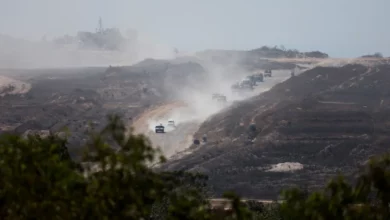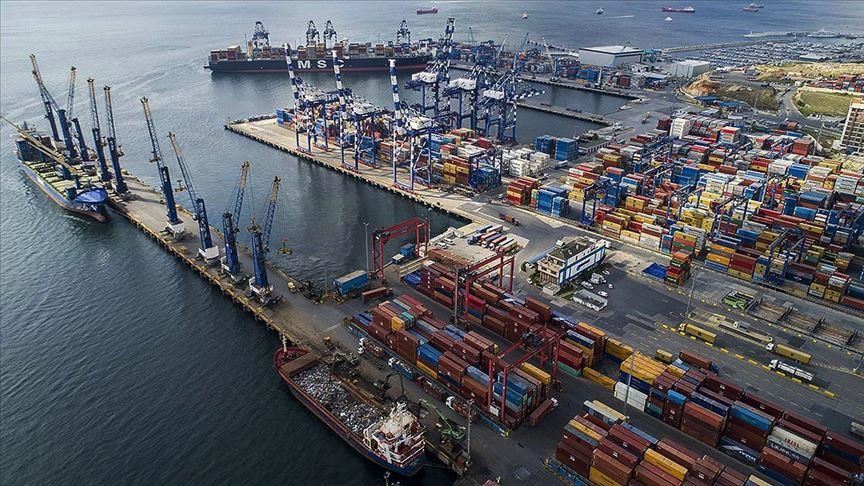Retail prices for butane gas cylinders have fallen in the urban province of Giza following moves by the government to supply the local market with additional cylinders in an effort to ease ongoing shortages and halt sales of the coveted commodity on the black market.
According to Abdallah Badawi, head of Giza’s Supply Directorate, daily supplies of gas cylinders to the local market have been raised from 22,000 to 35,000. "We actually now have a surplus," he said.
Severe shortfalls of butane have continued in other provinces, however, with several clashes being reported among the citizenry over limited numbers of available cylinders. In the Nile Delta city of Mansoura, two women were reportedly injured in a fight over gas cylinders outside a local distribution outlet.
Concurrently, officials at the Central Bank of Egypt announced that gas cylinder prices had risen by almost 60 percent this month, resulting in a 0.35-percent increase in the overall monthly inflation rate.
In a related development, an Algerian government official denied that his country had halted gas exports to Egypt, following allegations that Algiers had intentionally caused the weeks-long shortage. He added, however, that the Egyptian government had been late in paying import fees.
"According to the terms of our agreement, the Egyptian government must pay in advance, which it didn’t do," he said. "But we never stopped exporting to Egypt–we only declined to provide the additional quantities requested by Egypt since prices for those extra quantities still had to be negotiated."
Egyptian Petroleum Ministry Undersecretary Shamel Hamdi, however, challenged the veracity of the Algerian official’s statements. "We were never late in paying them their dues," said Hamdi.
Egyptian Petroleum Authority CEO Abdel Alim Taha, for his part, denied that an Arab mediator had been dispatched to Algeria to request that Algiers step up gas exports to Egypt. He went on to attribute recent shipment delays to technical problems, along with bad weather conditions in Algeria.
"We have used our strategic national reserves to compensate for the shipment delays," said Taha.
Translated from the Arabic Edition.




